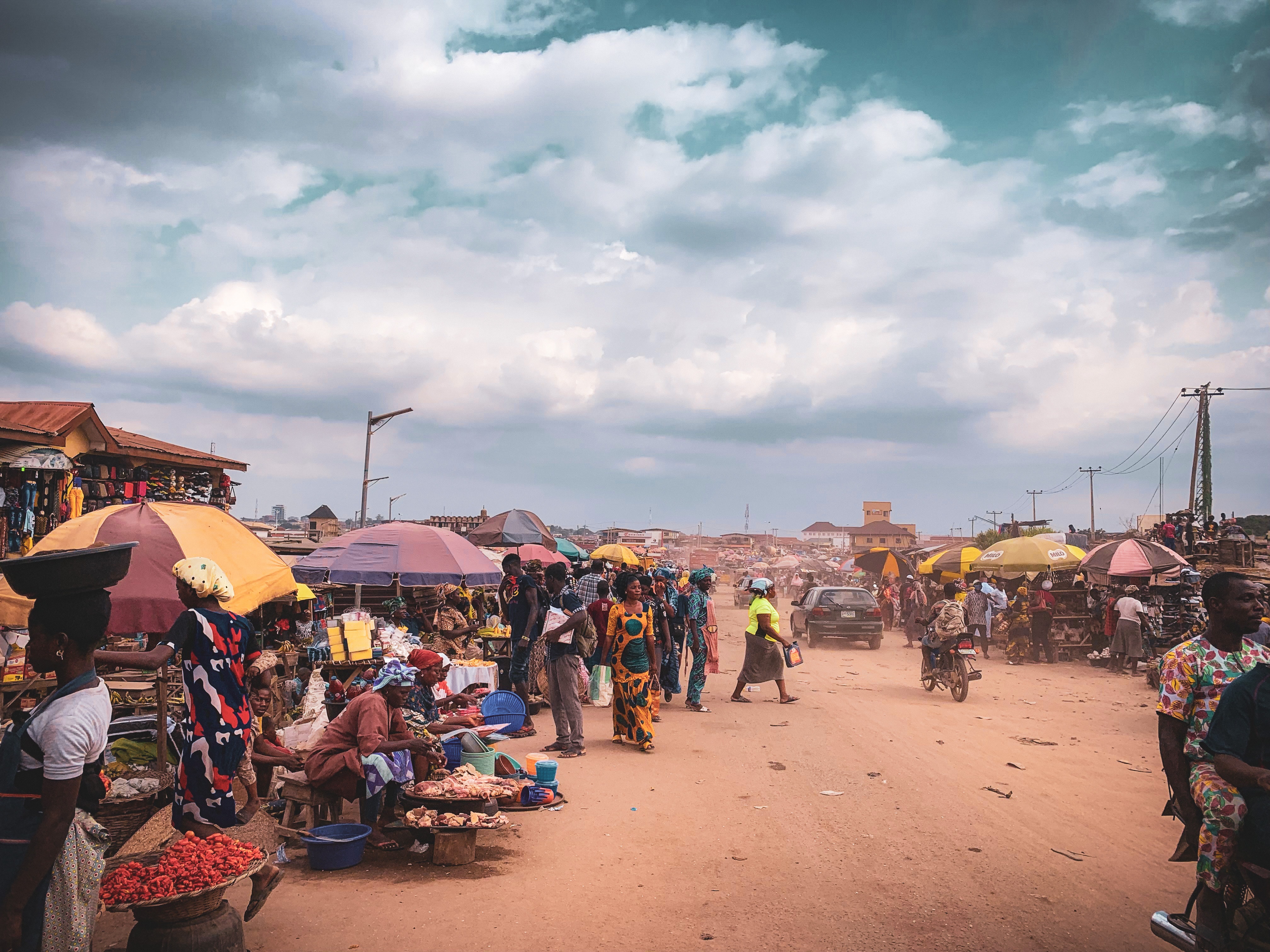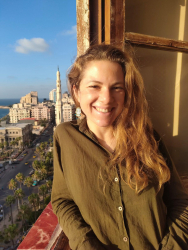


The United Nations Climate Change Conference (COP28) is starting on 30 November in Dubai, United Arab Emirates. At COP28, the international community will converge to address the urgent need for climate action, making it a major moment in the ongoing global efforts to combat climate change.
IAP will coordinate two side-event sessions at COP28. The first, 'Climate and Health: How can policy address health impacts of climate change and air pollution?' on 2 December focuses on the continuation of the 'Climate Change and Health' project with Save the Children and draws upon the September workshop held in Trieste.
You can watch the session in live streaming on YouTube here.
In this occasion, IAP and Save the Children are also presenting the science policy brief "Climate Change Adaptation for Health: Systems-based approaches to formulating solutions and guiding policy", read and download it here.
The second event, 'The Role of Academies in Climate Policy Advice', a collaboration with the New Voices program of the National Academy of Sciences (US), will take place on 9 December. This session will explore how national academies in different parts of the world, cohort-based leadership programmes that promote collaboration among outstanding early- and mid-career scientists, and other entities provide advice to governments on issues related to climate change.
Climate change is having an increasingly negative impact on many aspects of human health. Recent research also shows that there is an interactive effect between heatwaves and air pollution, again with negative health consequences. Taking action on climate change can improve public health, but this requires systems-based studies and multi-sectoral collaboration to develop and implement policies. This session will highlight co-benefits of action on climate for health and resilience. Global South and North experts will share how adaptation and mitigation policies can benefit society, including vulnerable groups.
In a collaborative effort, the InterAcademy Partnership (IAP) is teaming up with Save the Children, the Centre for International Climate Research (Cicero), Norway’s foremost institute for interdisciplinary climate research, and the Climate Service Centre Germany (Gerics) to host a compelling side-event at COP28. The event will delve into the critical nexus of climate change and human health, bringing together experts and organizations dedicated to addressing these global challenges.
The side-event will feature talks, group discussions and case study presentations. The programme will commence with a focus on 'Climate Change and Health', exploring policy lessons and experiences from global case studies.

Welcome by moderators Sameh Soror, Egypt, and Kristie Ebi, University of Washington, USA, 2 minutes
Introduction and overview of the projects by Robin Fears, 10 minutes: Short presentations on science/empirical evidence of climate change and health. Each speaker brings out key themes (attribution, how the research could be applied for impact on the ground). Audience to understand causes, direct/indirect impacts, implications on the ground.
Q&A related to presentations, moderated by Kristie Ebi and Sameh Soror, (10 minutes)
Panel discussion - co-moderated (35 minutes)
Closing remarks: Kristie Ebi, Sameh Soror, Robin Fears (2 minutes each)
Join the Conversation: For those unable to attend in person, the event will be live-streamed. Join the discussion on Whatsapp using the COP28 Guide link and explore the list of side-events on the COP28 website.
Stay Informed: Follow the conversation on Twitter and LinkedIn using the handles mentioned above. Engage with the side-event by using the hashtag #Cop28Dubai. The sessions are freely available without registration, so be sure to tune in for valuable insights into the intersection of climate change and health.
Members of the public can take part in COP Green Zone activities by registering and expressing their interest here.
As an observer organization to the Intergovernmental Panel on Climate Change (IPCC), the IAP comprises 150 national, regional, and global member academies representing leading scientists, engineers, and health professionals in over 100 countries. With a focus on scientific excellence, the IAP collaborates closely with the World Health Organization (WHO), the Belmont Forum, and the International Science Council (ISC), emphasizing the importance of multidisciplinary cooperation.
A global humanitarian organization, Save the Children is committed to protecting children worldwide. With a focus on child health, education, and emergency response, Save the Children plays a crucial role in addressing the impacts of climate change on vulnerable populations, particularly children. Read more here.
Cicero is Norway's foremost institute for interdisciplinary climate research, established in 1990. Internationally recognized for its work on the climate effects of anthropogenic emissions, society's response to climate change, and the formulation of international agreements, Cicero has been actively involved in the IPCC since 1992. The organization also contributes to climate finance and climate risk services, fostering innovative climate communication. Read more here.
GERICS, an independent scientific entity of the Helmholtz-Zentrum Hereon, focuses on developing scientifically based prototype products and services to support decision-makers in adapting to climate change. With expertise in climate services, GERICS acts as a think tank, promoting collaboration between science, politics, business, and public administration. Read more here.
Finally, participants are invited to the side-event jointly hosted by the International Science Council (ISC) and The Royal Society: “Better understanding economic impacts of climate change and accelerating science-based climate action”. The hybrid event will take place on 6 December, 18:30 – 20:00 Dubai time. It will include speakers such as Jim Skea (IPCC Chair) as well as ISC Fellows Prof. Zakri Abdul Hamid and Tollu Oni. Read more here.
Please feel encouraged to share the above events with your members and wider networks.
